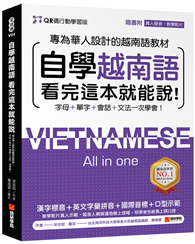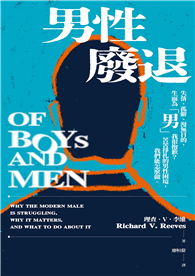| FindBook |
|
有 1 項符合
Mohammed Musthafa Soukath Ali的圖書 |
 |
$ 205 電子書 | Get SAFe Now: A Lightning Introduction to the Most Popular Scaling Framework on Agile
作者:Mohammed Musthafa Soukath Ali 出版社:Mohammed Musthafa Soukath Ali 出版日期:2016-09-18 語言:英文  看圖書介紹 看圖書介紹
|
|
|
The Agile Teams have proven to be promising alternatives to traditional software development team structures. However, when the big enterprises tried to apply agile frameworks such as Scrum and Extreme Programming for large efforts where hundreds of cross functional teams were working on a group of dependent products and services, several questions arose. The questions involved many aspects of the traditional enterprise ecosystem such as the scaling agile practices for large development efforts, alignment to organization strategies, the role of organization management, the role of support teams, and the alignment of organization portfolio and program management. SAFe was born in response to such questions and needs of the companies that tried to take the small and effective Agile Teams from working in pockets to large development efforts. The usual way to know about SAFe is to start with the Scaled Agile website. All the elements of SAFe are captured in one single ‘Big Picture’ at http://www.scaledagileframework.com. It looks structured and neatly defined. However, due to its size, new terminologies, and multiple perspectives, first round of introduction or training is bit overwhelming to the receivers. The ‘Big Picture’ is too detailed with little narrative coherence. Before exploring the ‘Big Picture’ or going into every tiny detail of SAFe, it is beneficial to get a quick and lightweight narrative of SAFe. This book attempts to help those looking for a quick introduction of most valuable elements of SAFe.
• It narrates the concepts in simple terms.
• It uses plenty of visuals to drive the concepts.
• It provides real world examples wherever needed.
• It uses Active Learning which refers to not just passive reading of the content, but taking frequent pauses to answer questions about what was just read, and then thinking, analyzing, and inferring the meaning through answering those questions.
|











